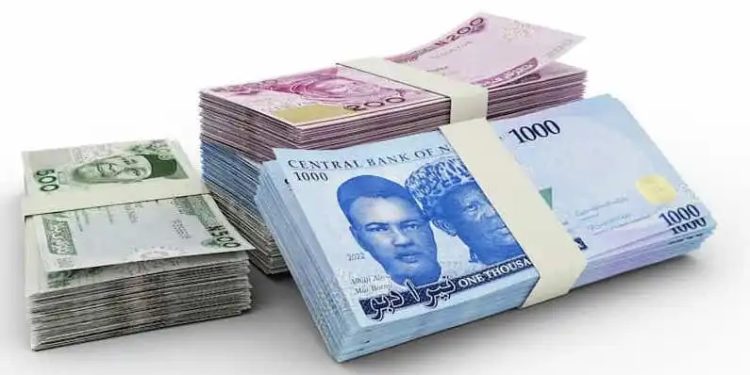Nigeria’s net foreign exchange (forex) inflows surged by $17 billion in the second quarter of 2024, marking a 49.39% increase from $11.50 billion in the previous quarter. This significant improvement in forex liquidity comes amidst ongoing challenges in stabilizing the naira, as shown by recent data from the Central Bank of Nigeria (CBN).
Breakdown of Forex Inflows
The CBN report revealed that Nigeria’s total forex inflow amounted to $24.55 billion in Q2, up from $22.26 billion in Q1. This increase was largely driven by autonomous sources, which rose from $14.17 billion to $16.12 billion. Autonomous inflows, such as remittances and private capital, continue to play a key role in supporting Nigeria’s forex market, highlighting the resilience of private-sector sources in a challenging economic environment. The CBN’s own forex inflows also saw a slight increase, from $8.09 billion in Q1 to $8.43 billion in Q2, underscoring the bank’s active management of forex resources.
Decline in Forex Outflows
Alongside higher inflows, forex outflows decreased significantly, helping to bolster Nigeria’s net forex position. Overall outflows dropped by 31.51% to $7.37 billion, down from $10.77 billion in Q1. CBN outflows fell sharply by 36.06%, from $8.92 billion to $5.71 billion, reflecting stricter controls on foreign currency allocations and efforts to prevent capital flight. Outflows from autonomous sources also declined slightly by 8.79%, dropping from $1.82 billion to $1.66 billion, indicating reduced demand for forex in the private sector or possibly tighter restrictions on capital flows.
Net Forex Gains vs. Currency Depreciation
Despite these forex gains, Nigeria’s currency has continued to face depreciation pressures. The average exchange rate in the Nigerian Foreign Exchange Market depreciated by 5.86% to N1,385.96 per US dollar in Q2, down from N1,304.72 in Q1. By the end of Q2, the naira’s value weakened further, with the official exchange rate moving towards N1,650 per dollar and the parallel market rate reaching around N1,750 per dollar. Market analysts attribute this depreciation to heightened demand pressures and supply constraints in the retail forex market.
Outlook
The substantial increase in net forex inflows provides a buffer for Nigeria’s economy, but ongoing currency depreciation highlights the need for further stabilization efforts. As demand pressures persist, the CBN’s approach to managing forex resources and supporting autonomous inflows will remain crucial for maintaining forex stability and controlling inflation in the months ahead.









